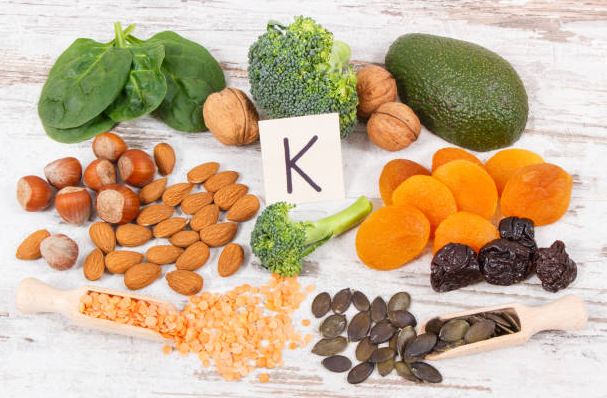As school children, we all have read about vitamins and their benefits. But how many of us remember their values when we are grown up?
We do not hesitate to stuff our insides with all kinds of wrong foods and face the consequences in forms of chronic diseases that start as a minor disorder only to take the most fatal shape in near future.
As it was in the past, the same is in the present, experts worldwide have always respected the old adage that teaches, “Prevention is better than cure“.
With a little change in our lifestyle, we can make all the difference to be able to see the finer sides of life.
And the change in the lifestyle sets off with the change in our food habit, in favor of a balanced and healthy diet. A balanced diet is one, in which you get all the vitamins in the right proportion.
Now we all know about the useful nature of vitamin A or vitamin C. In fact since we came to our senses, our mothers used to narrate their health benefits to us whenever they had to make us eat eggs and fruits. But vitamin K?
Most of us have little information about them. In fact, in the medical circle, vitamin K is often referred to as “the forgotten vitamin” as most people are not well aware of the many health benefits of this little known vitamin.
Read on the article below to know the various aspects of vitamin K and many benefits that this vitamin has to offer.
First of all, you have to know what it is. You might be wondering, why the use of the letter ‘K’, instead of an ‘F‘, as it was only natural to use the next letter to name the vitamin that comes after vitamin E.
The mystery of the name is however traceable to the German word ‘koagulation‘, which in the English language means clotting.
Now vitamin K is a substance that plays a vital role in blood clotting and hence the vitamin borrows the letter K from the German word, ‘koagulation‘.
Now that the mystery of the name is cleared, let’s come to the types. You can find many types of vitamin K.
The variety that is found naturally in plants is called Vitamin K1, or phylloquinone. Menaquinone or vitamin K2 is synthesized by many bacteria and the last type is called menadione or vitamin K3, which is artificially made by man.
At this stage you must be growing impatient to know about the functions of vitamin K. Vitamin K creates some important coenzymes which stimulate the proteins that play a role in blood clotting.
From this we can derive that any deficiency in vitamin K may lead to bleeding disorders, such as haemorrhaging where bleeding goes beyond the level of control.
It manifests in bleeding from the nose, the appearance of blood in the urine, or heavy menstrual bleeding. Vitamin K deficiency, in infants, may lead to internal hemorrhaging of the skull.
You will be happy to know that vitamin K deficiency is not very common in healthy adults, because vitamin K is synthesized in your intestines by the helpful bacteria. But there are chances of occurring vitamin K deficiency and that is through intake of medicines that antagonize vitamin K synthesis in the intestine.
Learn about the natural sources of vitamin K so that you never suffer from vitamin K deficiency. Look around you and you will find a number of leafy vegetables like cabbage, cauliflower, spinach, sprouts, broccoli and so on.
They all are rich in vitamin K. Vitamin K is also found in animal products like meat, bacon, cheese, and liver. Still not satisfied? You can also get this vitamin from asparagus, coffee, and green tea.
A last note of advice: The people on anti-clotting medication are advised against taking vitamin K.
Then if you are an expecting mother in the last stage of pregnancy, refrain from Vitamin K supplements and stay away from too much vitamin K rich foods; it may prove to be toxic for your unborn child.

